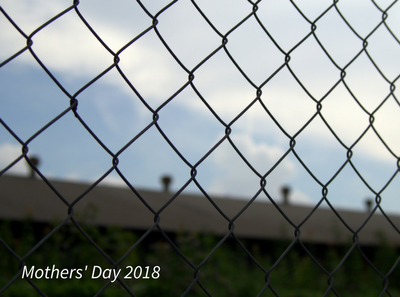
This Mothers’ Day, we think of mothers who have partners in prison. The families of individuals who are in prison have done nothing wrong, yet experience massive hardship as a result, including shame, isolation and for children, the trauma of separation from a parent.
Women whose partners are incarcerated often bear the heaviest burden of a punishment that is supposedly directed at the prisoner. They usually live in communities which often have high levels of unemployment and face personal and financial stresses caused by losing not only their intimate partner but the person who may have been the household’s main breadwinner. Now, all of the family decisions fall on their shoulders and they are often left without the income needed to financially support them.
Children suffer greatly by losing a parent from their lives, and this is made worse by a prison visiting routine that is not family-friendly. Family is important to all of us, but even more so to people in prison. It has been shown that when an individual in prison keeps close ties with family, they are much less likely to reoffend.
The importance of this close contact to someone moving away from criminal behaviour, makes it crucial that the prison system facilitates access to prisoners’ families. Unfortunately, at the moment some prisoners are only entitled to one 30-minute visit and three phone calls per week. For families, the act of getting to the prison and the visiting experience can be extremely daunting and at times traumatic.
In many instances, the ability of women to cope with the imprisonment of a loved one is tied strongly to their roles as carers. The ‘duty of care’ for tasks such as maintaining contact between male prisoners and their children, providing emotional and financial support, and providing housing upon release almost always falls upon women.
This work of caring for both prisoners and their children is testament to the power of a mother’s love. We think of all of those mothers today and the challenges that they are facing. We also think of women who have a child in prison, and those who are incarcerated themselves.
{fastsocialshare}

